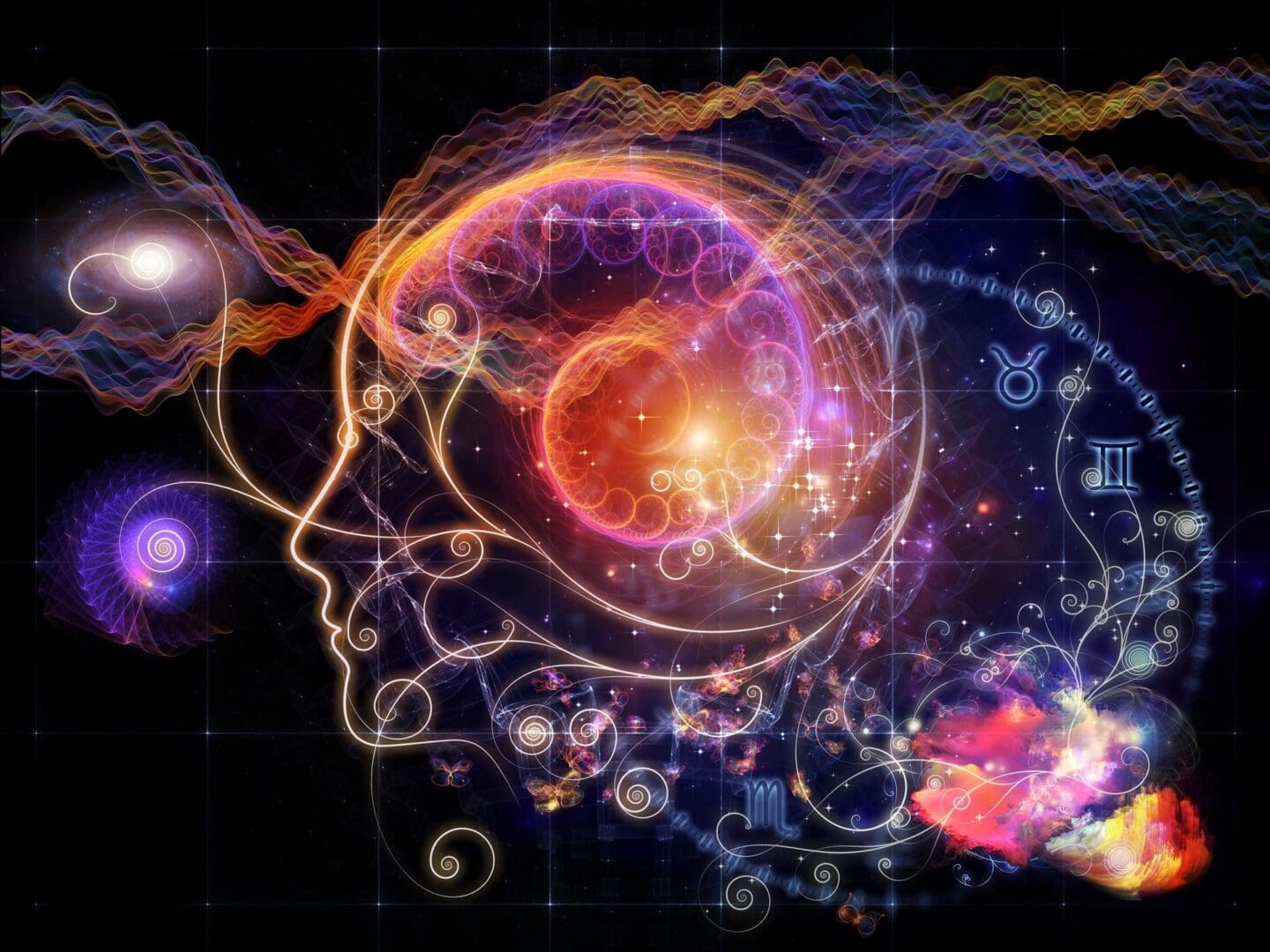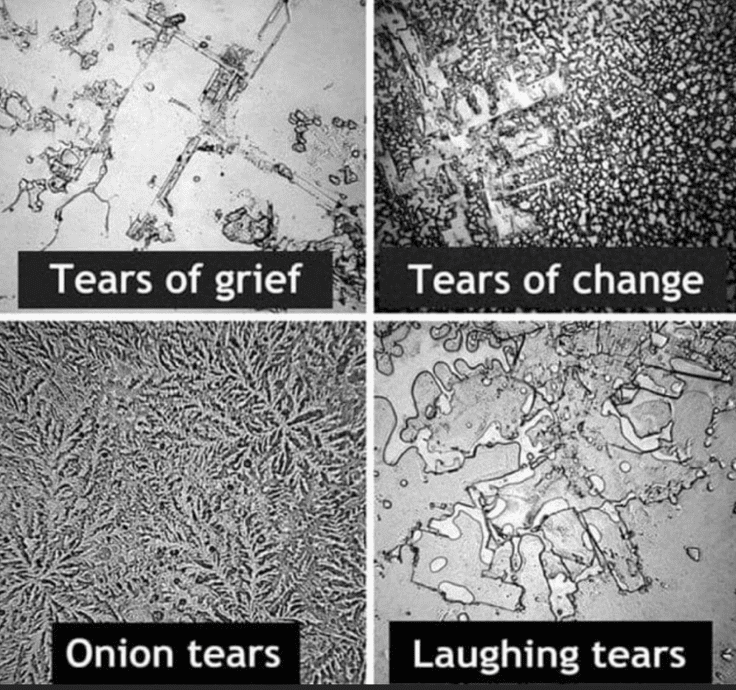Search Posts
Recent Posts
- Vinny Paz to be inducted TODAY into the International Boxing Hall of Fame – CES Boxing June 7, 2025
- In the News… quick recap of the week’s news (6.7.25) June 7, 2025
- Burn with Kearns: Strong without the spend: How scraps became strength tools – Kevin Kearns June 7, 2025
- Rhode Island Weather for June 7, 2025 – Jack Donnelly June 7, 2025
- How to advocate for threatened properties: The Heritage Alliance of Pawtucket June 7, 2025
Categories
Subscribe!
Thanks for subscribing! Please check your email for further instructions.

GriefSPEAK: What is our brain doing when we grieve? – Mari Nardolillo Dias
By: Mari Nardolillo Dias, contributing writer
In her groundbreaking book “The Grieving Brain”, Mary-Frances O’Connor, PhD explores what happens to our brain when we grieve. As a neuroscientist and psychologist, Mary-Frances spent decades on researching the effects of grief on our brains. She directs the Grief, Loss and Social Stress (GLASS) lab at the University of Arizona, where she investigates the effect of grief on both the brain and the body.
We are all somewhat aware of the mind/body connection, as well as the phenomenon of “physical grief,” but the GLASS lab brain scans the grieving brain to determine any changes. Many of us don’t think about the “science” of grief. According to Dr. Kathy Shear and Mary-Frances, everyone finds it very difficult to believe that a loved one is gone. Both women reference Joan Didion’s autobiographical book “A Year of Magical Thinking,” where Joan is well aware of her husband’s death, and yet she leaves his shoes out for when “he returns.” How is this possible? We know, but we don’t know.
The brain relies on several pieces of information. One piece is “the person is gone.” We have the memory that they are gone. The bonding and attachment formed early on in the relationship create physiological changes in the brain. When that person dies, we feel the loss of attachment, a yearning. They reside in our memory; however, a great deal of memory is out of our awareness. There are memories that they are gone, but a deep belief that they are still “out there.” Why does grief cause such intense emotions? Kathy Shear states that yearning is the core emotion of grief, and ironically the attachment and yearning gets stronger after death. We want them more. They are our safety valve. Many people experience fear, because the loved one represents a safe haven and a secure base (Shear). Once they are gone, there is no longer reciprocity. The care giving system is lost. Perhaps we were awakened in the morning for many years next to our loved one. One day we wake, and they are not there. One would think that their absence is a strong indication of the truth, yet it takes our brain a long time to come to grips with the reality. Some of us never choose to accept the reality. There are neurons specifically designed to fire when approaching our partner, and it takes time for the body to physically rewire. Brain scans indicate that the brains of those who demonstrate avoidance in grief can be seen. Moreover, brain imaging studies also demonstrate that avoiding thoughts of the loss makes us more afraid.
Memories are strong and complex. When we have an experience, the process of remembering is encode-store-retrieve. We encode the memory, store it in our brain and sometimes retrieve it; however, as Kathy Shear suggests not all memory is conscious. Some memories require what we refer to as “retrieval cues.” Retrieval cues can be a smell, a song, a place, a taste. A sudden, unexpected smell can take us back to the original experience and sometimes provide a full, tactile, immersive memory. In therapy, these retrieval cues are referred to as “triggers” when they retrieve unpleasant or traumatic memories.
Even our tears vary depending on the cause!

There is no denying the mind/body connection. But the brain and the mind are not necessarily the same. This is primarily due to the technology of brain and PET scans. When we discuss the grieving brain, we look at how the physical brain changes and the fluctuations in the firing of specific neurons. There is a biological/ physiological aspect to grief.
Knowing that avoiding grief can not only be seen on brain scans but increases fear is strong evidence to SPEAK your grief.
_____

Dr. Mari Dias is a nationally board-certified counselor, holds a Fellow in Thanatology and is certified in both grief counseling and complicated grief. Dias is a Certified death doula, and has a Certificate in Psychological Autopsy.
She is Professor of Clinical Mental Health, Master of Science program, Johnson & Wales University. Dias is the director of GracePointe Grief Center, in North Kingstown, RI. For more information, go to: http://gracepointegrief.com/ .
She is the author of GriefSpeak, vol. 1, Stories of Loss


So interesting, Mari!! Thank you for posting!